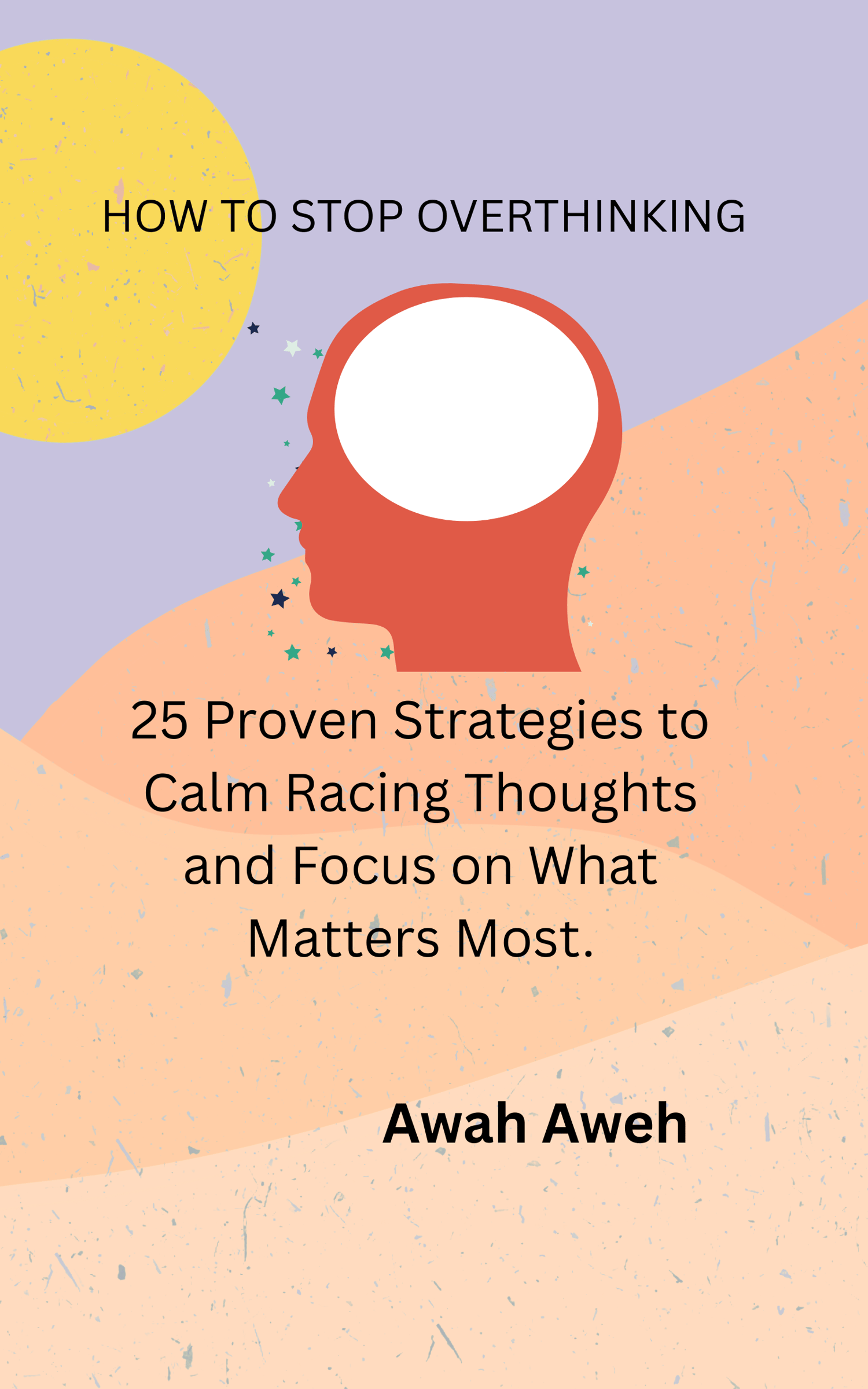Stress is something we all face. Some days it feels light, other days it feels heavy. The good news is, you don’t need complicated systems or expensive tools to manage it. Simple daily mindfulness habits can help you stay calm, focused, and happier. In fact, with just a few mindful practices, you’ll notice how stress begins to disappear from your everyday life.
Below, we’ll look at daily mindfulness habits that are easy to practice—even if you’re busy.
1. Start Your Day with Three Deep Breaths
Before you grab your phone or rush into your day, pause. Sit up in bed or stand by the window. Take three slow, deep breaths. Feel the air moving in and out. This tiny habit sets the tone for calmness. It reminds your body and mind that you’re in control, not the stress.
2. Do One Thing at a Time.
Stress often comes from trying to do ten things at once. Mindfulness teaches you to focus on one task. Whether you’re brushing your teeth, eating breakfast, or writing an email, just do that one thing. You’ll feel more present, and your mind won’t be spinning in circles.
3. Eat Without Distractions.
When was the last time you ate a meal without scrolling on your phone or watching TV? Try mindful eating. Pay attention to the colors, textures, and taste of your food. Eat slowly. This habit helps your body digest better and gives your mind a chance to rest.
4. Take Short Mindful Breaks.
Set a reminder on your phone every two hours. When it buzzes, pause for one minute. Close your eyes, breathe deeply, or stretch. These short breaks reduce tension and bring you back to the present moment.
5. Practice Gratitude in the Evening.
Before going to bed, write down three things you’re grateful for. Gratitude is a form of mindfulness. It pulls your attention away from what’s missing or stressful and points it toward what’s good. Over time, this habit rewires your brain for peace.
If you want to explore more simple rituals that bring joy and calm into your life, check out my ebook Daily Happiness Habits. You’ll find easy bedtime rituals that make happiness automatic. Grab your copy here: Daily Happiness Habits.
6. Notice Your Body.
Throughout the day, bring your awareness to your body. How are you sitting? Are your shoulders tight? Is your jaw clenched? Stress often hides in the body. When you notice it, release it. Relax your muscles, stretch your arms, or roll your shoulders.
7. Listen Fully When Someone Talks.
Mindfulness is not just about yourself—it’s also about how you connect with others. The next time someone talks to you, put your phone away and give them your full attention. Listen to their words, tone, and emotions. This reduces stress in relationships and makes conversations more meaningful.
8. Create a Digital Sunset.
Screens keep your mind busy, even when your body is tired. Try turning off devices an hour before bed. Use that time for reading, journaling, or simply relaxing. Your sleep will improve, and stress will melt away.
For more inspiration, you can also browse other self-growth ebooks here:
- Life-Changing Reads
- Awah Aweh Writes – Self-Growth Ebooks
- Or connect with me directly on WhatsApp
9. Walk Mindfully.
Walking is something we do every day. Why not turn it into a mindfulness practice? As you walk, notice each step. Feel your feet touching the ground. Pay attention to the rhythm of your body. Walking mindfully helps clear your head and release stress naturally.
10. End Your Day with Stillness.
Before sleeping, sit quietly for two minutes. No phone, no noise. Just breathe and be still. This small act trains your mind to let go of the day’s stress and prepares you for peaceful sleep.
Why These Habits Work.
Daily mindfulness habits work because they shift your attention from chaos to calm. Instead of worrying about the future or replaying the past, you focus on what’s happening right now. Stress disappears when your mind is grounded in the present moment.
The best part? These habits don’t take much time. You can weave them into your daily routine without adding more pressure.
Making Stress-Free Living Automatic.
If you want happiness and peace to feel natural, start small. Choose one or two mindfulness habits from this list. Practice them daily until they become second nature. Then add more.
Your nights set the stage for your mornings. That’s why in my ebook Daily Happiness Habits, I share bedtime rituals that make happiness automatic. You’ll wake up calmer, lighter, and ready for the day. Grab your copy here: Daily Happiness Habits.
And if you’d like to support this work, you can donate here. Every bit of support helps bring more free self-growth resources to people who need them.
Final Thoughts.
Stress doesn’t have to control your life. By practicing daily mindfulness habits, you can feel calmer, more present, and more joyful every day. Remember, mindfulness isn’t about being perfect. It’s about paying attention, one moment at a time.
Start today. Take one deep breath. Smile. And let these daily mindfulness habits make your stress disappear.












.jpg)

.jpg)

No comments:
Post a Comment